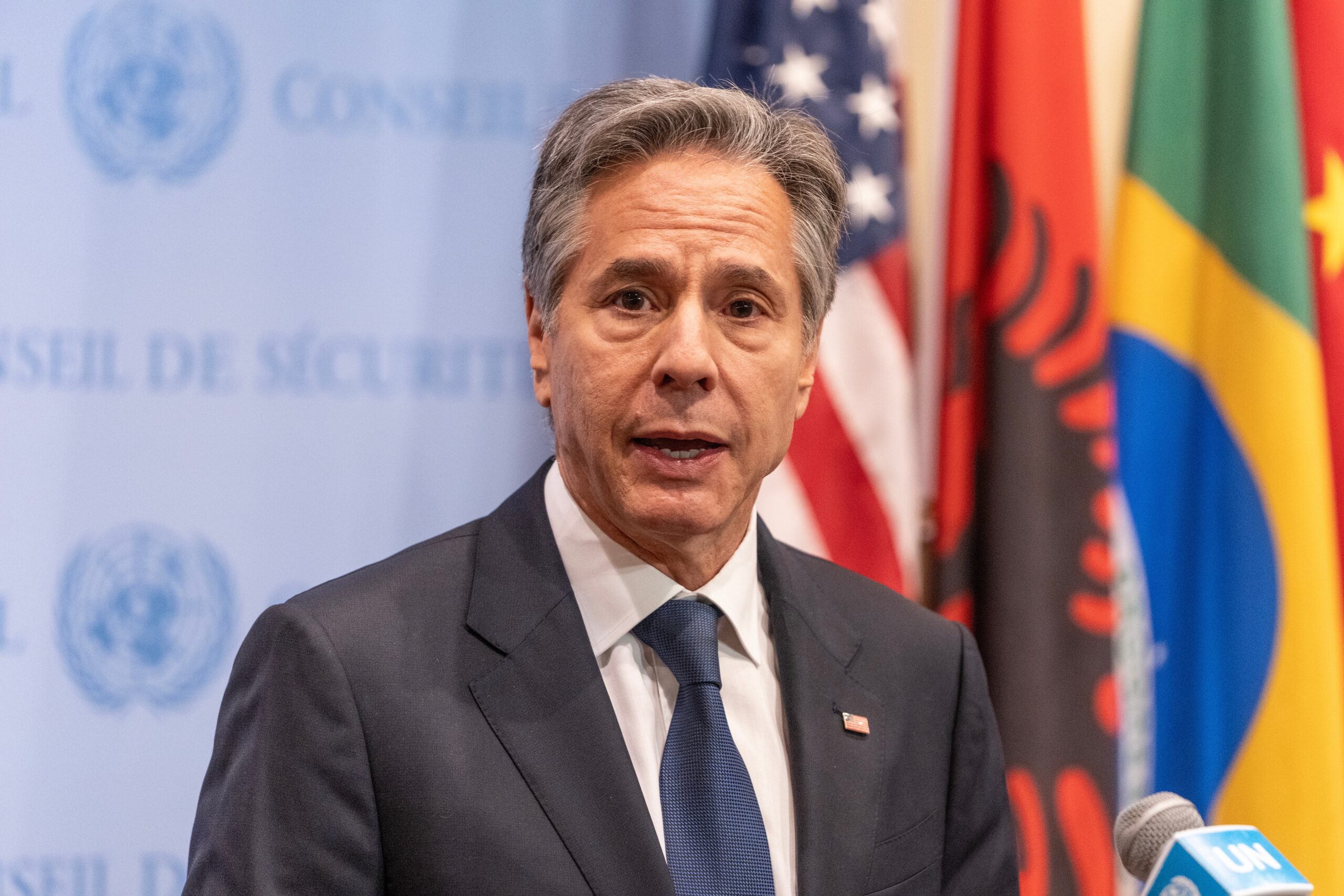Blinken Under Fire For Hosting Therapy Sessions After Trump Victory

Outgoing Secretary of State Antony Blinken is facing backlash after reports revealed that the State Department used federal funds for therapy sessions following President-elect Donald Trump’s election win. According to a Free Beacon report, these sessions were intended to help employees cope with the defeat of Vice President Kamala Harris, with one source describing them as “cry sessions.”
Republican Rep. Darrell Issa (R-CA) criticized the move, questioning the appropriateness of government-funded counseling for employees upset over election results. Issa expressed concern in a letter to Blinken, calling the sessions an unnecessary indulgence of partisan disappointment.
“It is troubling that the Department would cater to employees distressed by the outcome of a democratic election,” Issa wrote. He also criticized the use of taxpayer money to fund these programs, arguing that it raises questions about the State Department’s commitment to carrying out the will of the American people.
The controversy deepened after reports of an agency-wide email inviting staff to a webinar on stress management. Issa highlighted this in his letter, suggesting the Department’s actions were more about appeasing political preferences than addressing genuine mental health needs.
Issa further questioned whether State Department personnel would fully support Trump’s foreign policy priorities. He argued that any resistance to implementing the policies of the incoming administration undermines the democratic process. He suggested those unwilling to follow Trump’s agenda should consider leaving their roles.
The lawmaker also demanded transparency about the number of therapy sessions held, their cost, and any future plans for similar programs. He emphasized the need for the Department to prioritize its mission over catering to partisan grievances.
The incident has drawn sharp criticism from conservative voices, who argue that taxpayer dollars should not fund what they see as politically motivated activities. The episode has fueled ongoing debates about partisanship within federal agencies and their ability to remain neutral in the face of political change.
























